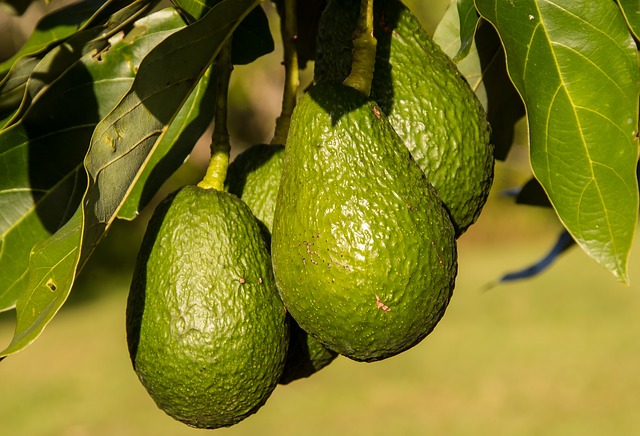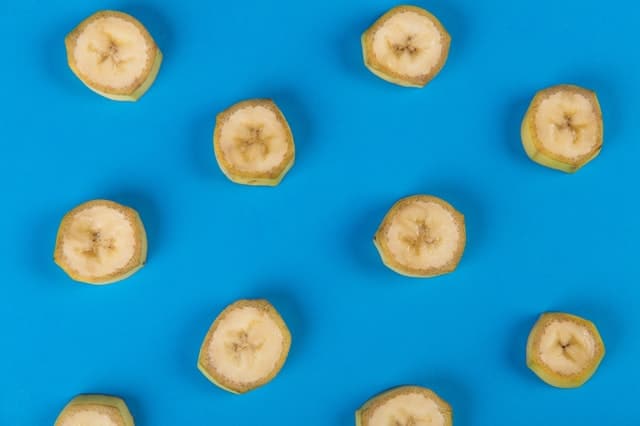Can I Eat Bananas With Gallstones? Let’s Find Out
If you’re looking for an answer to the question “can I eat bananas with gallstones?” you’re in the right place. So, can bananas be eaten with gallstones?
Bananas contain a specific protein (tumor necrosis factor) that helps prevent oncological diseases.
Ripe bananas contain a lot more of this protein, so it is recommended to eat a banana with spotted or blackened skin.
As we know, dietary factors have a huge impact on gallstone development. For example, the risk increases with:
- High-fat
- Low-fiber
- Low-calcium
- Low-Vitamin C
- Obesity
- Rapid weight loss
Before discussing the association between gallstones and banana consumption, let’s have a little banana 101
Banana is one of the most beloved tropical fruits. Aside from being a delicious snack, it has quite a lot of beneficial nutrients which can have a positive impact on our cardiovascular health, digestion and metabolism.
Unfortunately, no scientific studies are researching the exact relation between banana consumption and gallstone disease, but we can just break down the nutrients in bananas and analyze their probable effects on gallbladder health.
Let’s look at energetic value and important nutrition facts about banana
- 100 grams of banana is just 89 calories
- Total fat – 0,3g
- Cholesterol – 0 mg
- Potassium – 358 mg
- Total Carbohydrates – 23 g
- Protein – 1,1 g
- Vitamin A- 1,3%
- Vitamin C – 15%
- Calcium – 0,4%
- Iron – 1,4%
Can I Eat Bananas With Gallstones?
Yes, in general, you can eat bananas with gallstones (consult your physician first). Banana is rich in B vitamins.
It also prevents the formation of kidney stones by breaking down the oxalate acid that forms the structure of the stones.
Foods containing sufficient amounts of potassium help prevent kidney stones and gallstone formation. According to one study, regular banana consumption can reduce the risk of malignant tumors in the kidneys by 40%.
In addition, the following foods may help reduce gallstones because they are easy to digest and contain antioxidants, fiber and natural oils:
What Can I Eat For Gallstones?

Can I eat bananas with gallstones – What can you eat for gallstones?
High fiber foods: If you get 30-40 grams of fiber every day, your risk of gallstones decreases. Broad beans, sprouts, nuts, fresh vegetables and fruits will provide enough support in this regard.
Beets and dandelions: These vegetables are particularly beneficial for liver health and have detoxifying effects. They also improve bile flow and facilitate the breakdown of fats. You can also use these foods to make vegetable smoothies and add potassium-rich avocados, green leafy vegetables, tomatoes, sweet potatoes and bananas.
Unrefined healthy fats: Coconut oil is one of the most easily digested fats by the body and has medium-chain fatty acids. It is very important to consume healthy fats during the day. You should consume enough fat at each meal to equal a tablespoon. Extra virgin olive oil is another type of anti-inflammatory oil with many benefits.
A diet rich in vegetables: Individuals who follow the bile diet prefer mainly uncooked fruits, vegetables, nuts and seeds. While these foods contain plenty of water, electrolytes, antioxidants, and fiber, they are low in salt and fats. Following a vegetarian diet also reduces the risk of gallstones because it avoids processed meats and dairy products.
Quality proteins: Consuming foods that contain organic proteins also reduces the pressure on gall. You can opt for chicken, turkey, red meat, fish, and organic protein powders, but make sure all meat products are organic and natural.
Consume Plants, Acids and Enzymes That Are Good for Your Gallstones
- Thistle (150 milligrams twice a day): Thistle has been shown to increase bile flow and detoxify the liver and gall bladder. It also has antioxidant effects, blocks toxins, improves protein synthesis, has antifibrotic effects and regulates the immune system.
- Turmeric (1000 milligrams per day): Turmeric is a very active spice and the anti-inflammatory properties of curcumin in it can reduce bile problems.
- Dandelion root (500 milligrams with meals): Dandelion has been used for centuries for digestive problems and supports the liver and regulates gall flow.
- Barberries: This herb is used for the treatment of digestive problems, fights infections and cleans the gall and liver.
- Rosemary oil: Mix three drops of rosemary oil with a quarter teaspoon of coconut oil and apply externally to the gallstone area twice a day.
What Else I Do For Gallstones?
Have a Healthy Weight
Being overweight disrupts the hormone balance, especially in women, and therefore the possibility of gallstones increases.
Many studies are highlighting the connection between obesity and a higher risk for gallstone formation. That being so, it’s often advised to slowly normalize BMI to avoid gallstone disease or its complications.
Banana is a very weight-loss-friendly fruit, with only 89 calories per 100 grams, low-fat and high-fiber content.
Remember that it’s important for weight loss to be gradual and not drastic since rapid weight loss was observed to increase the risk for gallstone development.
Exercise Regularly
Be active during the day and do not stop moving despite getting older.
Because sports and exercises are good for hormone balance, they also reduce inflammation, stimulate the digestive system and allow you to lose weight without the need for a diet.
Moderate exercise for 30-60 minutes every day will support many people.
Eat a Low Fat Diet
While having gallstones, physicians always advise patients to switch to a low-fat diet and minimize cholesterol consumption since fats increase strain on already diseased gallbladder and cholesterol can be one of the main culprits for stone development.
Bananas, as noted above, basically have no fat and 0 mg cholesterol – making them a safe snack for those with gallstones.
Get Plenty of Vitamin C
Vitamin C is a water-soluble dietary supplement with a bunch of benefits for health.
According to an NCBI population-based study conducted in Germany, regular Vitamin C supplementation has protective effects for gallstone disease development.
In a study, those who consumed vitamin C additives had much lower gallbladder disease rates than those who took no Vitamin C.
Although not as much as citruses like oranges and grapefruits, bananas also have some content of vitamin C; approximately 10mg can be found in 1 banana.
Get Plenty of Fiber
Fiber is a well-known remedy for digestive problems, there is a study specifically researching the positive effects of soluble fibers on cholesterol gallstone development.
1 Banana has on average 3 mg of total fiber per serving.
What’s more interesting is the content of insoluble – starch fiber in unripe, green bananas, which can almost act like prebiotics – aiding in digestion and weight loss.
See Also:
Are Bananas Good for Diarrhea?
Are Bananas Good For Acid Reflux?

As a nutritionist, I research, find and experiment with recipes, natural diets and meal plans for weight loss, bodybuilding, and detoxing.
